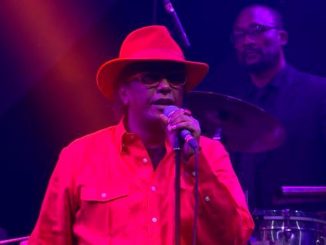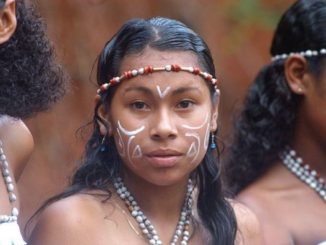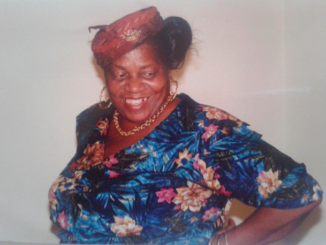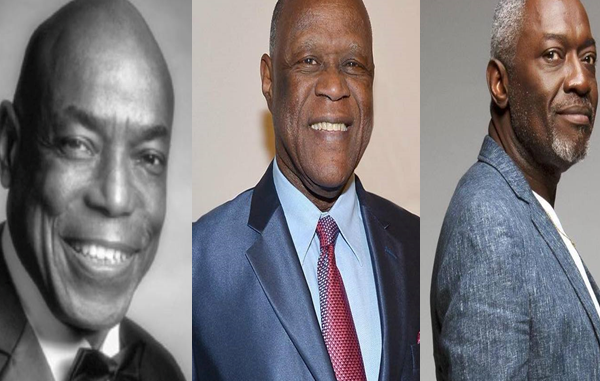
We are definitely living a particular time period. Three Caribbean music icons left us between 25 and 30 July 2021: Haitian Herman Nau, Dominican Johnny Ventura and Guadeloupean Jacob Desvarieux. Konpa (or Compas), Merengue and Zouk, three world-famous rhythms, have lost three of their most famous ambassadors. They have left an important musical legacy that the younger generations must now protect, keep alive and reclaim.
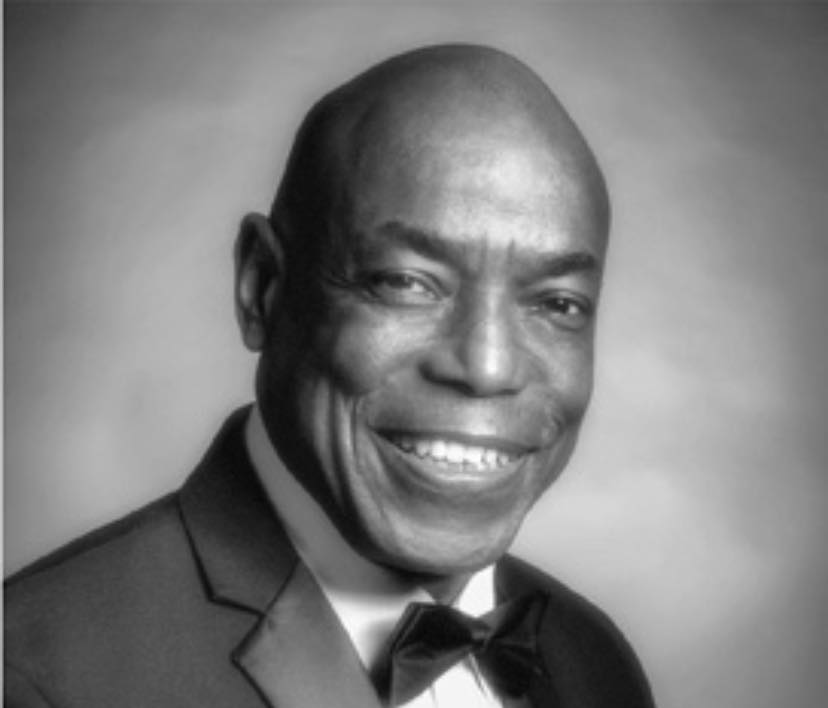
On Sunday July 25, Konpa fans learned of the death of Herman Nau. The co-founder of Tabou Combo had been hospitalized on July 11 at the Methodist Hospital in Brooklyn, New York (his adopted city) after suffering a stroke.
At the announcement of the death of the musician, the Ministry of Culture and Communication of Haiti said it was saluting “the departure of an exceptional drummer, a creator of joy, a forger of destinies, a talented artist” who “will have marked, by his charisma and his playing, the Haitian popular music of the last sixty years” (…) He hoped that “his work would continue to inspire other young percussionists” (…) and added “Moreovere left on the eve of the celebration of the 66th anniversary celebration of compas, this Monday, July 26, 2021. He will be deeply missed”.
Born in Les Cayes in Haiti, Herman Nau (whose age is impossible to find) was a lover of the arts (drawing, music). In the Pétion-Ville high school marching band, he played trumpet with André and Fred Déjean, who would also become Konpa stars in the band “Frères Déjean”. Finally, he chose the drums to express himself. The story goes that this mythical Haitian band was created in 1968 in a small church by Albert Chancy and Herman Nau, who first called it “Los Incognitos de Pétion-Ville”. It was an almost immediate success and in 1970 the Haitian musical band gave its first ball under the name “Tabou Combo”. Four years later, the musicians were welcomed by a jubilant crowd at the Port-au-Prince airport. Herman Nau, who had been sent to New York by his parents to continue his studies, also returned to Haiti.
During his career of more than 50 years in which the band released some thirty albums, the famous drummer accompanied Tabou Combo on several major stages in the Caribbean and the rest of the world. Being a disciplined man, he forbade musicians to smoke or drink alcohol before and during concerts.
The musician was also a politician. In 2001, during the Jean-Bertrand Aristide presidency, he became Secretary of State for Youth, Sports and Civic Education.
The death of Herman Nau is truly a heavy loss for the mythical band Tabou Combo and for Haitian music.
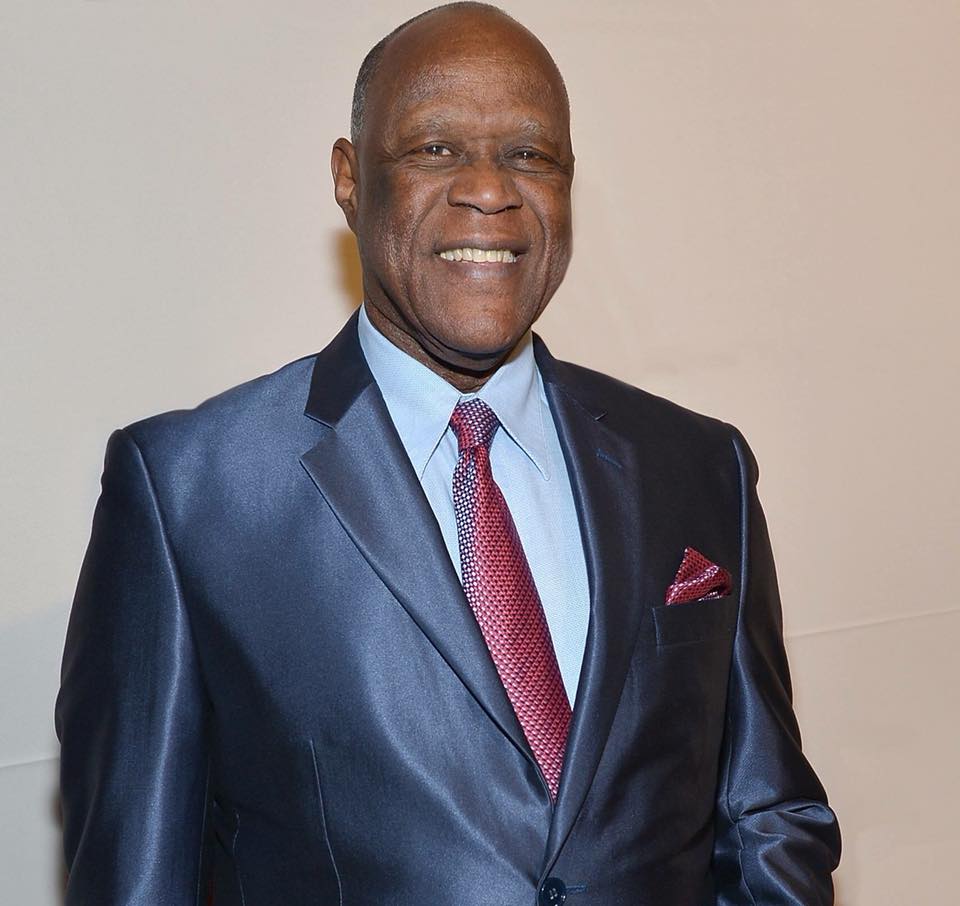
On Wednesday 28 July, Johnny Ventura died of a heart attack at the Unión Médica clinic in Santiago de los Caballeros, Dominican Republic. The 81-year-old singer and songwriter was considered the King of Merengue and also excelled in salsa.
Juan de Dios Ventura Soriano (his real name) was born on March 8, 1940 in the town of La Vega and dreamed of becoming an architect, but his family’s lack of means prevented him from entering university. He decided to become a commercial secretary in order to start working more quickly and pay for his university studies. In high school, there were cultural activities and Juan de Dios participated as a singer, dancer, entertainer and in order to please the girls.
In 1956, thanks to the encouragement of his high school friends, he won the Voz de Alegría competition. He then took singing and music lessons, and was part of several orchestras, including Combo Caribe (1962) and La Súper Orquesta San José (1963), in the early 1960s before creating his own group, El Combo Show, in 1964.
During his career, Johnny Ventura received 4,800 plaques and awards in many countries where he performed. Nicknamed “El Caballo Mayor”, the artist released 105 albums and is the most prolific Dominican artist, he received 28 gold records, 2 platinum records, and won numerous awards including a Latin Grammy (2004). In 1974, during the election of Jimmy Carter, he was the first artist from the Dominican Republic to be invited to the inauguration of an American President.
The singer had a degree in International Law from the Dominican University of the Third Age (UTE) and had a busy political life for more than 40 years as a deputy, deputy mayor, mayor and ambassador.
The Dominican President, Luis Abinader, ordered three days of national mourning (29, 30 and 31 July) on the island.
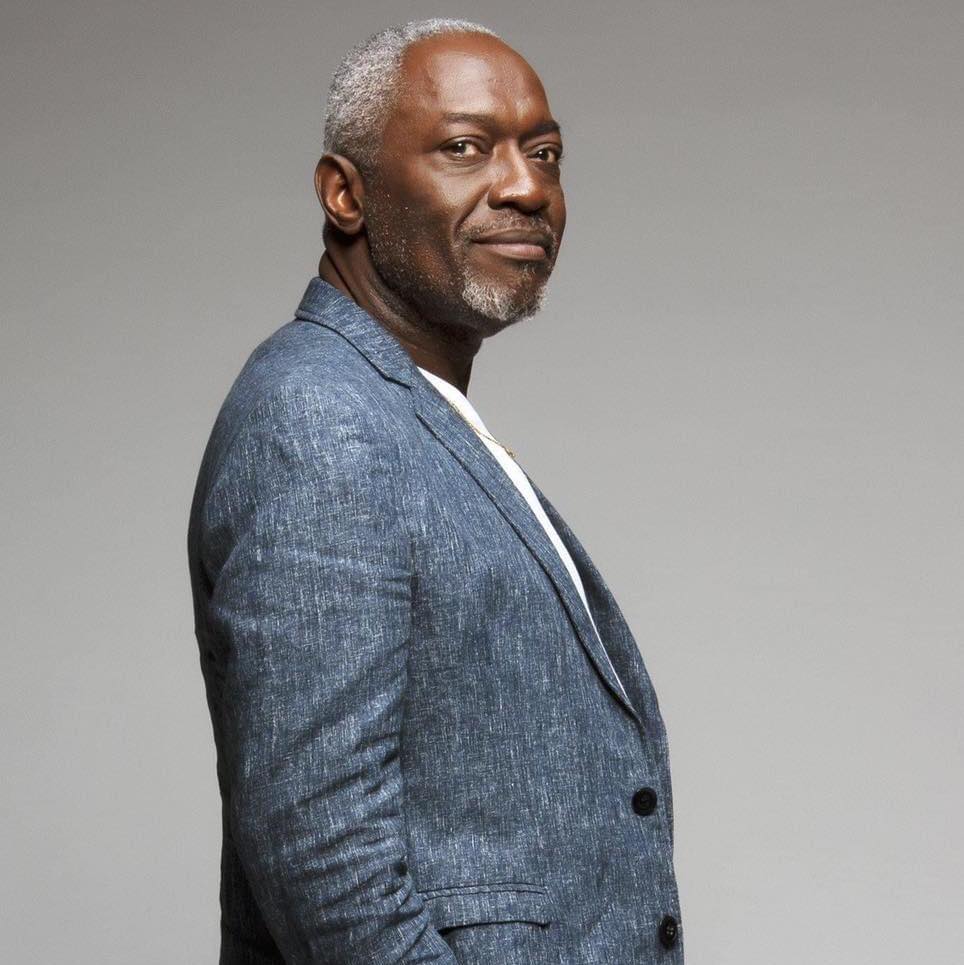
On Friday July 30, Jacob Desvarieux died at the Pointe-à-Pitre-Abymes University Hospital in Guadeloupe where he had been admitted more than two weeks earlier after contracting Covid-19. Aged 66, the guitarist and co-founder of the Zouk band Kassav’, suffered from diabetes and had received a kidney transplant in 2010. The artist had been vaccinated (3 doses) against the dangerous virus and was even promoting the vaccine.
Jacob Desvarieux was born on November 21, 1955 in Paris, but he spent his entire childhood in his mother’s native land, Guadeloupe, and in his sister island, Martinique. From the age of 10 to 12, he lived in Senegal where he learned to play guitar and then returned to France. After working as an arranger and joining several bands, particularly rock bands, he met Guadeloupean bassist Pierre-Édouard Décimus, with whom he founded Kassav’ in 1979.
With hundreds of songs – including the famous track “Zouk-la sé sèl médikaman nou ni” (Zouk is the only medicine we have) released in 1984 – this new group with its new rhythm toured the world. Composed of Guadeloupeans and Martinicans, Kassav’ was the first French band to fill the Stade de France (80,000 spectators) to celebrate its 30th anniversary ; in 2019, Kassav’ gathered 40,000 people at Paris Défense Arena to celebrate its 40th anniversary.
Jacob Desvarieux also released five solo albums and participated in various collaborations with young artists from the Caribbean and Africa, in particular. Kassav’ got gold records and awards everywhere. In December 2020, the famous guitarist was made a Chevalier des Arts et des Lettres by the French Ministry of Culture.
Many personalities paid tribute to Jacob Desvarieux including the President of the French Republic, the French Minister of Culture, the French Minister of Overseas Territories, the President of the Regional Council and the President of the Departmental Council of Guadeloupe.

